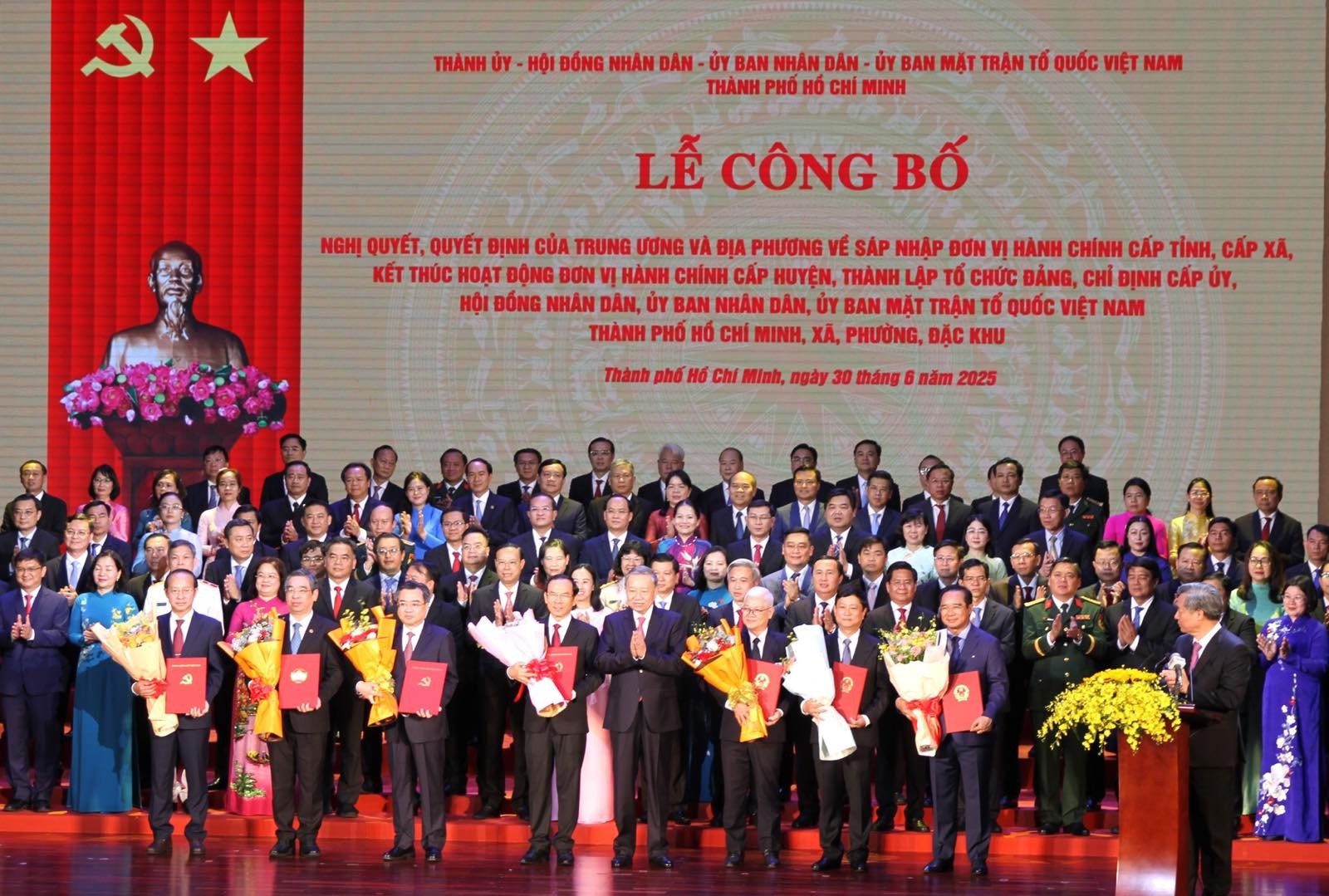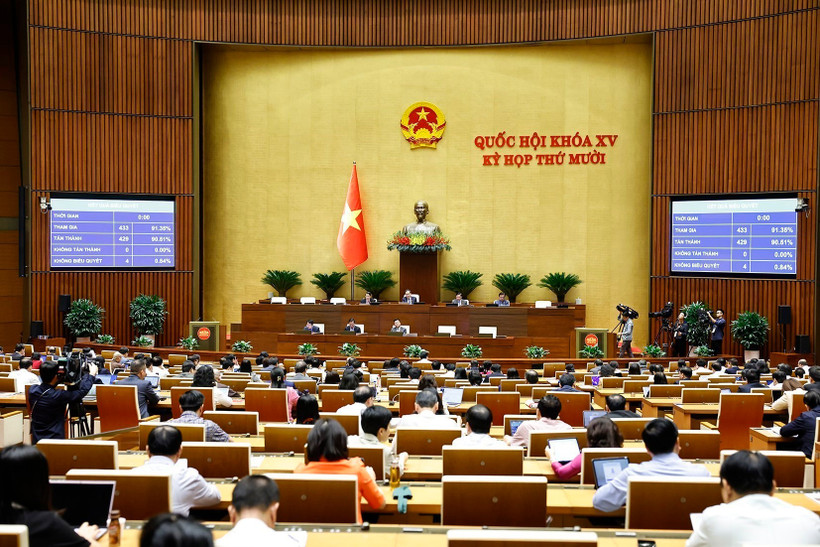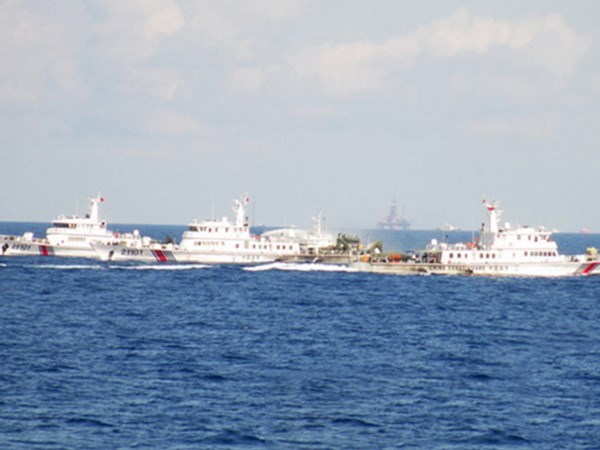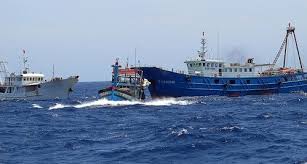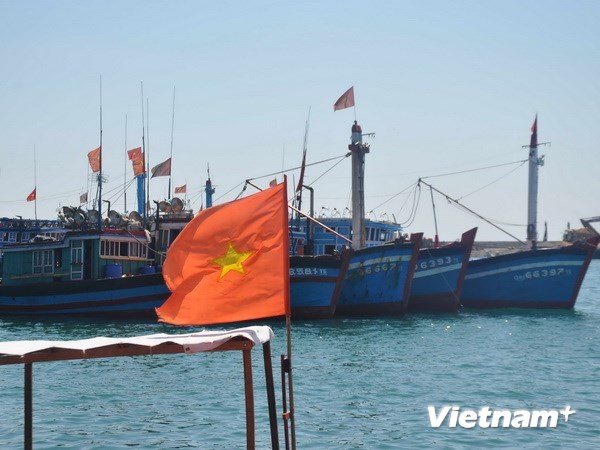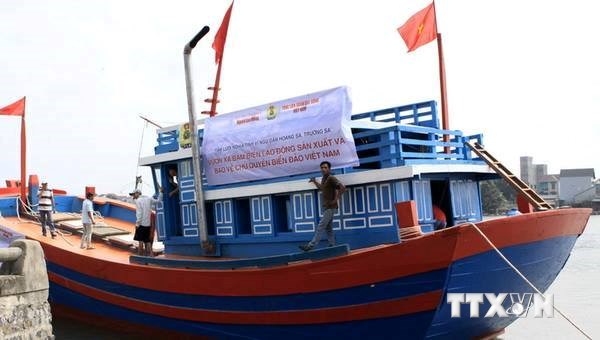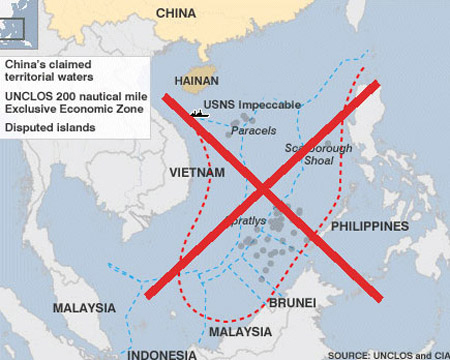Over 50 participants at the function heard updates on China ’s illegal placement of the oil rig Haiyang Shiyou-981 in Vietnam ’s exclusive economic zone and continental shelf.
At the beginning of May 2014, China illegally dispatched the rig as well as a large fleet of armed vessels, military ships and aircraft to Vietnam’s waters and positioned the rig at 15 degrees 29 minutes 58 seconds north latitude and 111 degrees 12 minutes 06 seconds east longitude. The location was 80 miles deep into Vietnam ’s continental shelf and exclusive economic zone.
Despite Vietnam ’s protest, China expanded its scale of operation and moved the rig to 15 degrees 33 minutes 36 seconds north latitude and 111 degrees 34 minutes 11 seconds east longitude, 60 nautical miles deep inside Vietnam ’s continental shelf and exclusive economic zone.
Such an act has violated Vietnam ’s sovereignty, sovereign and jurisdiction rights, the 1982 United Nations Convention on the Law of the Sea (1982 UNCLOS) , as well as agreements between China and Vietnam and other ASEAN countries.
At the event, 13 Polish scholars presented their opinions on the issue from different angles, affirming that Hoang Sa and Truong Sa archipelagos belong to Vietnam .
They condemned China ’s wrongful acts as a violation of Vietnam ’s sovereignty and a threat to navigation safety in the East Sea .
They also opposed China ’s brazen infringement of international law and acts that has escalated the East Sea tension.
Also at the seminar, a Vietnamese introduced two atlas published by Germany in 1896 and 1929, including a map showing that China’s southernmost point only ends at Hainan island.
The historical truth is that China seized the eastern half of Vietnam ’s Hoang Sa archipelago in 1956. In 1974, it used force to take the rest of the archipelago, which was under the management of the Saigon Government at that time. On March 14, 1988, China continued to use force to occupy several islets in Vietnam ’s Truong Sa archipelago.
As a coastal state along the East Sea, China arbitrarily made its claim about a vague “nine-dash line” in contrary to the 1982 UNCLOS, infringing the waters of its neighbouring countries.
Vietnam has full historical evidence as well as legal grounds to prove its sovereignty over the two archipelagoes. Right from the 17 th century, the feudal dynasties of Vietnam exercised the country’s sovereignty over the two archipelagoes in a continuous and peaceful manner.-VNA

